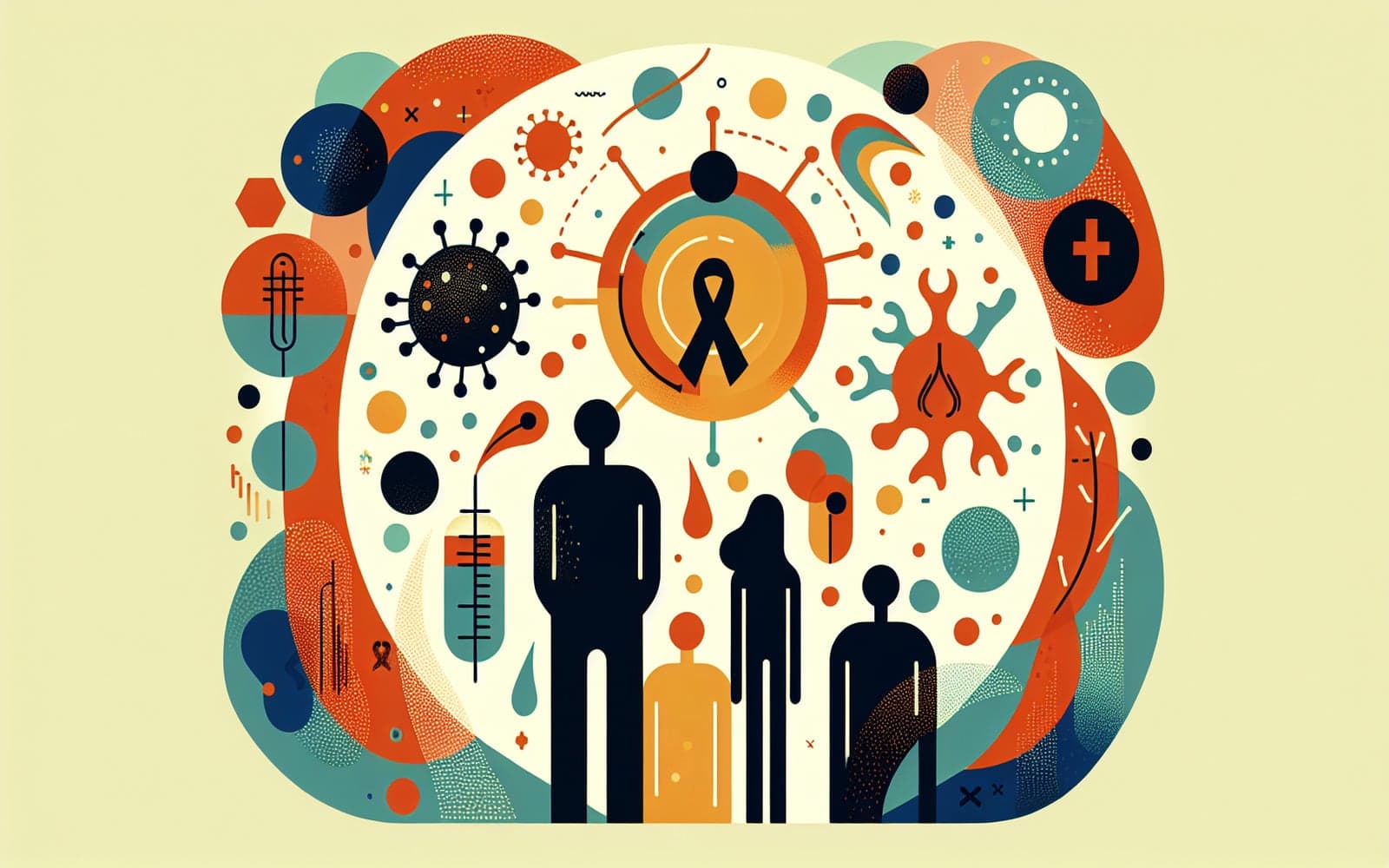Hepatitis B and C: What You Need to Know!
Published: Mar 22, 2024

Medically reviewed by Alan Lucks | MD, Alan Lucks MDPC Private Practice - New York on March 22nd, 2024.
Hepatitis B and C are serious infections transmitted through blood. Understanding these conditions is vital for healthcare workers constantly exposed to these risks.
Contents
Hepatitis B: The Highly Infectious Virus
Hepatitis B is a highly contagious virus that can lead to severe liver damage. The risk of infection is high if exposed to infected blood, especially in healthcare settings. Fortunately, vaccination has been a game-changer in reducing its spread.
Hepatitis C: A Silent Threat
Unlike hepatitis B, hepatitis C often shows no immediate symptoms, making it a silent threat. It is primarily spread through needle injuries, posing a significant risk to healthcare workers. Early detection and treatment are crucial for managing this virus.

Managing Post-Exposure
After potential exposure, immediate action is critical. For hepatitis B, post-exposure prophylaxis can prevent infection. However, for hepatitis C, regular testing is essential to catch any infection early, as no post-exposure prophylaxis exists.
Frequently Asked Questions
It spreads through contact with infected blood or body fluids.
Its silent nature often delays diagnosis and treatment.
Yes, through timely post-exposure prophylaxis.
Effective treatments exist, but early detection is key.
Key Takeaways
Knowledge about hepatitis B and C can empower healthcare workers to protect themselves.
Talk to Doctronic about the latest hepatitis treatments and prevention methods!Related Articles
References
Centers for Disease Control and Prevention. Q&A regarding updated CDC guidance.
International Safety Center. EPINet Report for Blood and Body Fluid Exposures, 2018.
This article has been reviewed for accuracy by one of the licensed medical doctors working for Doctronic. Always discuss health information with your healthcare provider.

